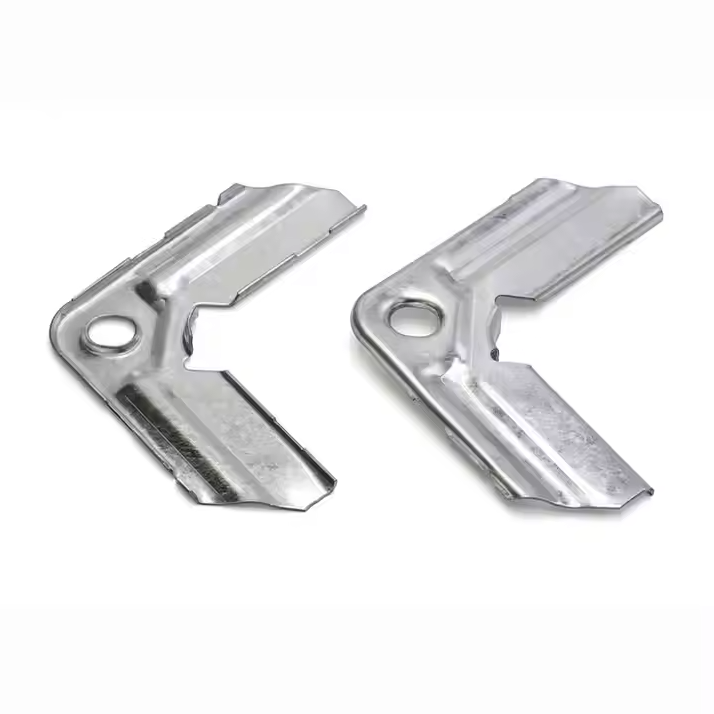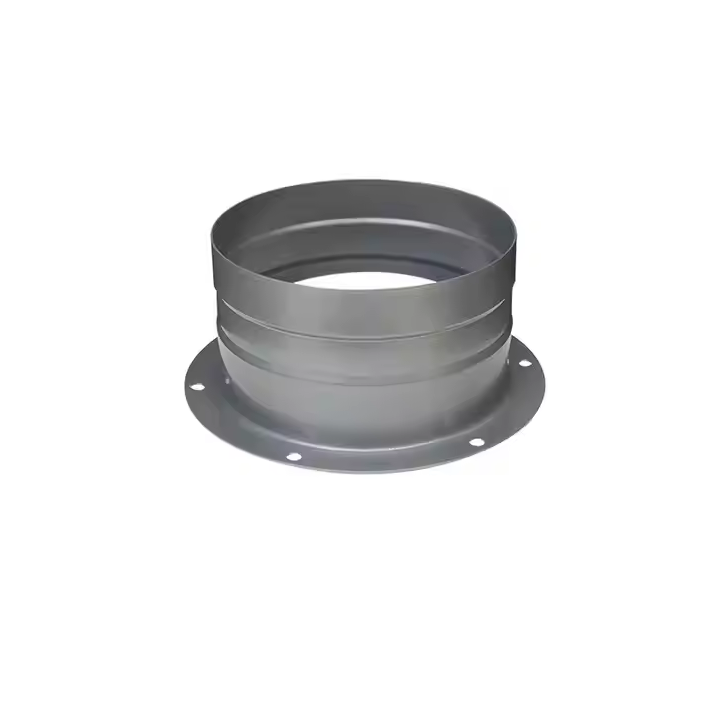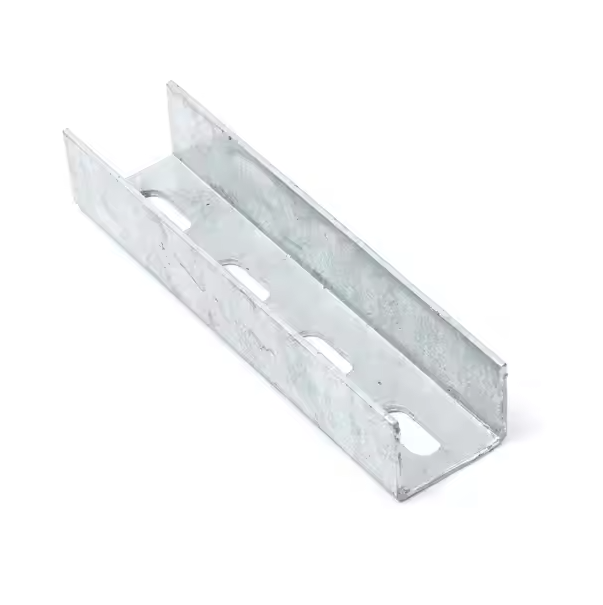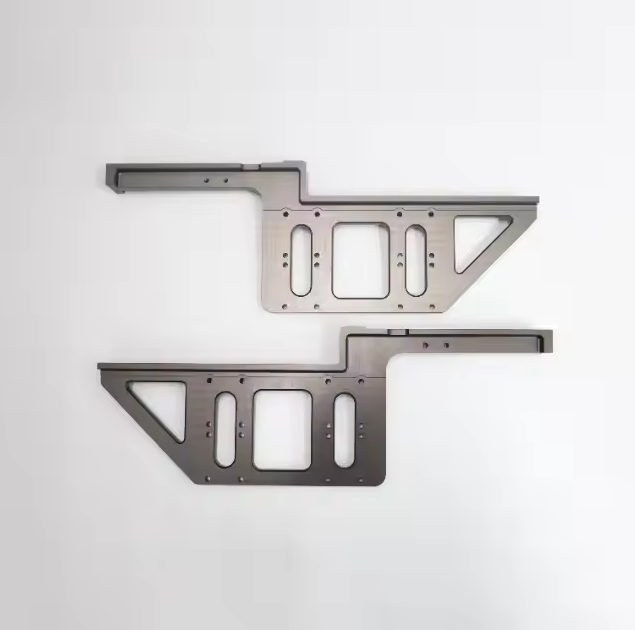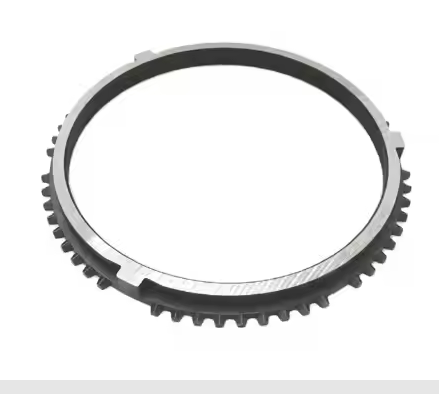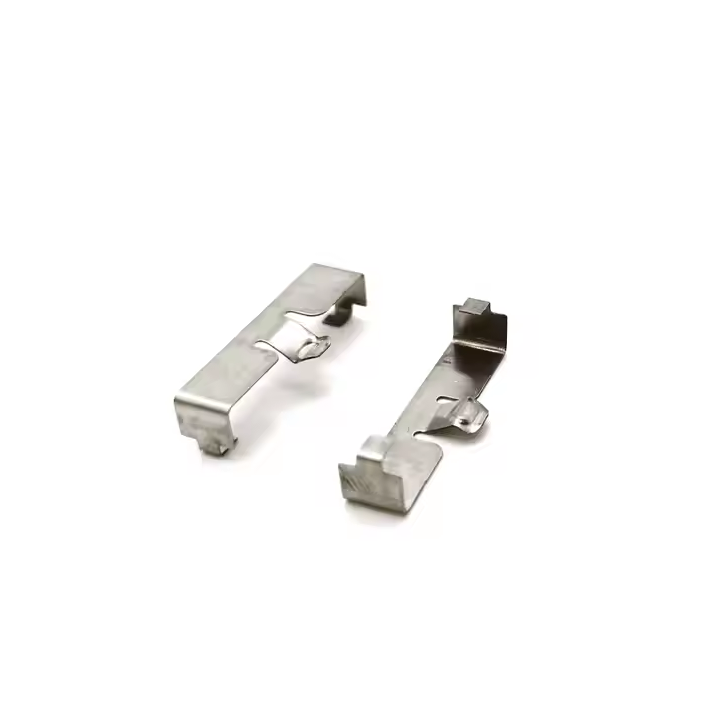When looking for a machining factory, customers need to consider multiple factors such as technical capabilities, production capacity, quality control, price rationality, delivery cycle, etc. At the same time, the factory selection experience, customer reputation, after-sales service and flexible customization capabilities are also crucial. By comprehensively evaluating these factors, customers can find a suitable partner to ensure product quality and production efficiency and reduce production risks.
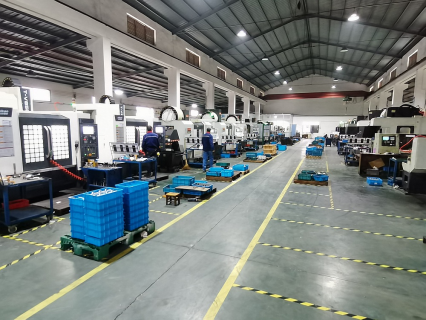
Technical capabilities and equipment facilities
Equipment modernization: Ensure that the factory has advanced machine tools and equipment, especially CNC machine tools (CNC) equipment. CNC technology plays an important role in improving processing accuracy, reducing human errors and improving production efficiency.
Multifunctional processing capabilities: Check whether the factory can provide a variety of processing methods, such as turning, milling, drilling, grinding, boring, etc. If precision processing or special processes (such as EDM, laser cutting, etc.) are required, whether it has the ability to meet the needs.
Processing capabilities: Understand whether the factory's processing accuracy meets the product requirements, especially when manufacturing complex parts or requiring strict tolerances.
Technical team and engineering support
Professional engineering team: Choose a factory with experienced technical teams and engineers. The technical capabilities of engineers directly affect the manufacturability of product design, problem solving in the production process, and optimization of processing technology.
Design and R&D support: Some machining factories can provide design optimization suggestions to help customers avoid unnecessary processing problems during design. Choose manufacturers that can provide integrated services from product design to production to improve the success rate of the overall project.
Quality control and testing capabilities: Ensure that the factory has a sound quality system management, such as ISO 9001 certification, and is equipped with sufficient testing equipment (such as three-seat coordinate measuring machine, hardness tester, surface roughness tester, etc.) to ensure that the processed parts meet the quality standards.
Production capacity and delivery cycle
Production capacity: Understand the production scale and capacity of the factory, whether it can handle large-volume production orders, or meet small-volume customization needs. Especially when the delivery period is tight, whether it can deliver on time.
Delivery time: Communicate with the factory to clarify the delivery cycle and ensure that the delivery time meets the project requirements. If fast delivery is required, choose factories with flexible production arrangements and emergency production capabilities.
Transparent costs and prices
Reasonable quotation: Choose a factory with reasonable price, but don't just focus on low price, which may mean concessions in quality control, process level, etc. It is best to understand the processing technology, material costs, labor costs and other expenses through a detailed quotation.
Cost control ability: An excellent machining factory can effectively control production costs while ensuring quality. For example, reduce overall costs by optimizing processes, improving production efficiency, and purchasing materials reasonably.
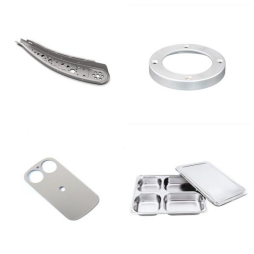
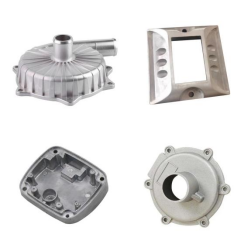
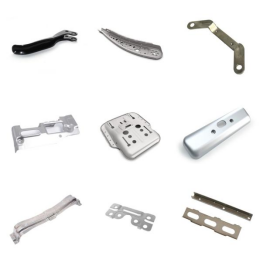
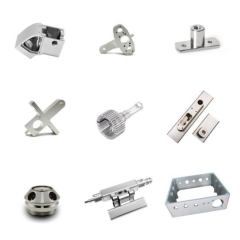
Quality Assurance and Service
Quality Assurance: A high-quality machining factory must provide quality assurance and be willing to conduct multiple tests and acceptances during or after production to ensure that the product meets the standards.
After-sales service: Understand the after-sales service provided by the factory, such as whether it can provide product repairs, adjustments or technical support after delivery. If quality problems occur, whether they can be responded to and handled in a timely manner.
Repair and Return Policy: Ensure that the factory has a clear repair and return policy for quality problems, and that quality problems after delivery affect production progress.
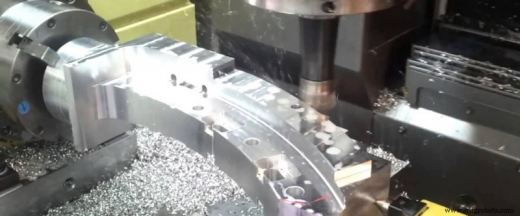
Experience and reputation
Industry experience: Choose a machining factory with relevant industry experience, especially one that manufactures similar products. This means that the factory is better able to understand the machining requirements in specific fields, such as automotive, aerospace, medical, etc.
Customer reviews and reputation: Check the factory's customer cases and reviews to understand its evaluation and reliability in the market. Communicate with customers who have worked with the factory to understand their feedback and suggestions.
Production environment and certification
Production environment: The machining process has higher environmental requirements, and the factory should have a good production environment and facilities, including temperature and humidity control, cleanliness requirements, etc.
Certification qualifications: Find out whether the factory has relevant quality management system certification (such as ISO 9001), environmental management system certification (such as ISO 14001), etc. These certifications are important guarantees for the factory's capabilities and quality management level.
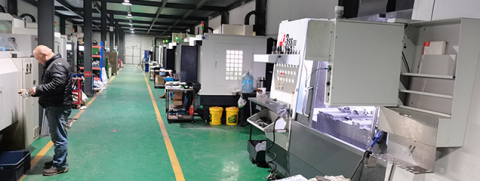
Xuanmin's commitment to partnership, integrated solutions, quality workmanship, solid project management, reliability and flexibility are just some of the reasons why our valued clients continue to entrust their projects to us.
We are honored to serve you and look forward to the opportunity to exceed your expectations and build a long-term relationship based on mutual trust and success.
